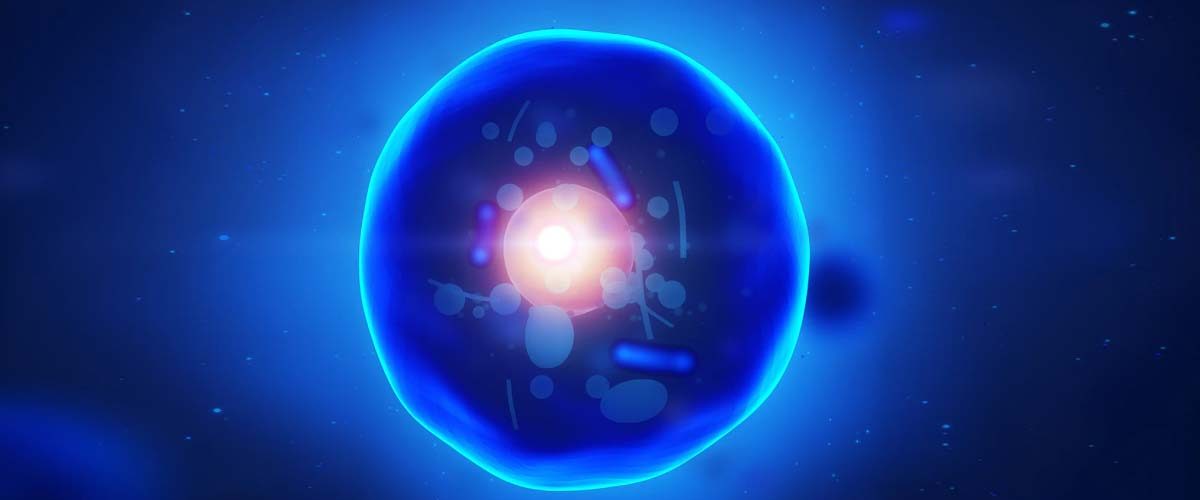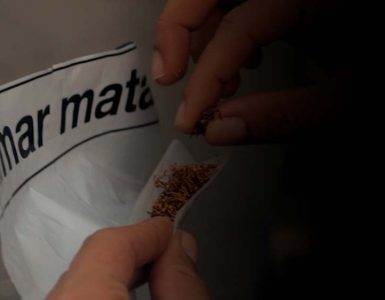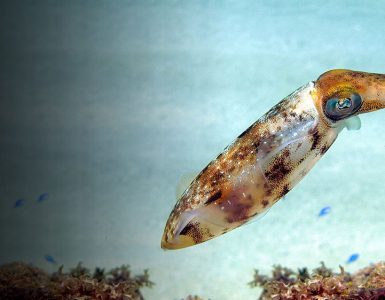Eric Strieter and his team recently discovered a proper inbuilt cellular waste management system regulated by the UCH37 enzyme. It was found, the proteasome in the cell degrades a huge amount of cellular protein, approximate 40 protein types in association with the UCH37 enzyme to regulate the waste product excretion.
He exclaimed, “we employed various techniques, new methods, and technology to prove this process over eight years.” It was observed that some proteins such as ubiquitin have self-modifying property, which enables it to branch and form chains. UCH37 enzyme, at this point, breaks off the chains to ease the degradation process.
Strieter, along with his colleague, Kirandeep Deol, Sean Crowe, Jiale Du, Heather Bisbee, and Robert Guenette, under the NIH’s National Institute of General Medical Sciences investigated the process in-depth to uncover critical gaps in medical sciences. This discovery is expected to revolutionize cancer treatment through the proteasome control approach.
Streiter stated, “the functioning of the cancer cell depends upon the fast production of the proteasome that leads to deranged protein formation. However, introducing the UCH37 as a therapeutic agent would help control abnormal protein production and inhibit proteasome activity.”
Another unique technique utilized to characterize the architecture of ubiquitin branches in a complex mixture was mass spectrometry. The method confirmed enzymatic activity in all types of heterogeneous mixtures. Furthermore, to confirm the enzyme’s impact on proteasome activity, chemists used a CRISPR gene tool to delete the UCH37 gene from each cell. However, interestingly, a new piece of information was revealed, showing the specific activity of UCH37, was only to cut the branch points of ubiquitin rather than exercising inhibition of the proteasome.
The team identified the degradation process continued despite the absence of the UCH37 enzyme; however, it still acts as a significant controller for cellular functions.
















Add comment